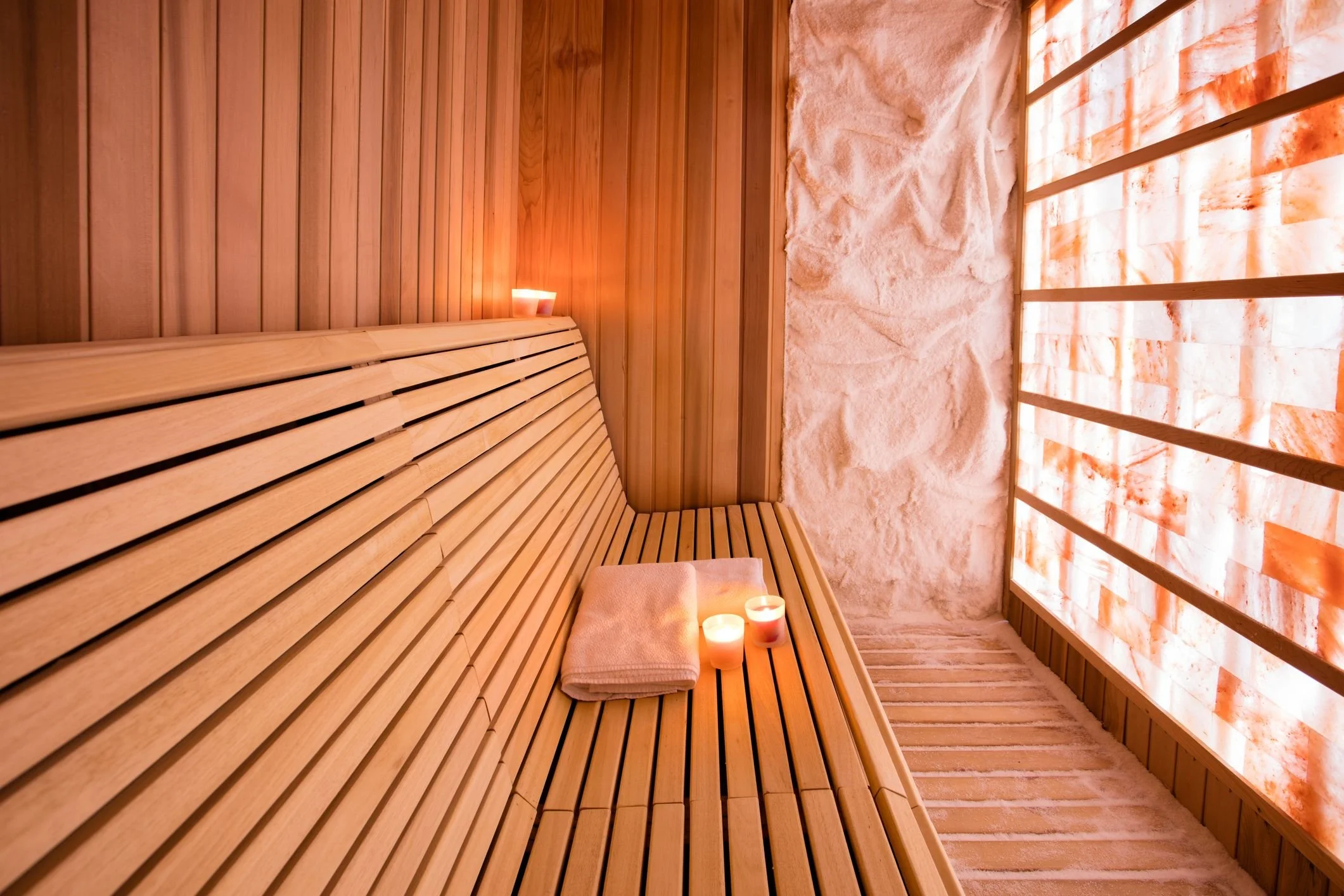An interesting article just came out in the Good Weekend magazine of the Age newspaper written by Mark Whittaker. Basically it outlines how there some new research and scientific studies showing that having low salt intakes are far worse than high intakes, even when it comes to things like heart disease, stroke and diabetes (things we’re commonly told to reduce salt intake to try and minimise the risks of).
Read MoreJust had my first salt room therapy session. What’s salt room therapy you might ask? It’s a new natural therapy that is showing tremendous potential and results for helping with conditions such as sinus troubles, if ever, asthma, pain, bronchitis, allergies, eczema, snoring and general energy levels.
Read MoreIn the classic Western way of making things black and white—salad is good, fat is bad—salt has been put in the ‘bad’ camp. However, the ancients treasured salt and knew it was one of the most critical ingredients for a healthy body. Almost 5000 years ago, the Chinese pharmacological text, the Peng-Tzao-Kan-Mu, listed the medicinal effects of 40 varieties of natural salt. In the ancient world, before money or gold, salt was used to represent trust and value. You might have been ‘worth your salt’ or considered the ‘salt of the earth’. We are now paid a ‘salary’which comes from the same word as salt. Roman soldiers used to be paid in salt because it was universally ‘trusted’ or relied upon. This was when people ate real salt. Real or ‘good’ salt contains 80 or more naturally occurring minerals and healing ingredients, other than sodium chloride, that are synergistically put together by Mother Nature. Way back before the time of ancient Rome and Greece, this type of salt was known to strengthen, balance and heal the body.
Read More


